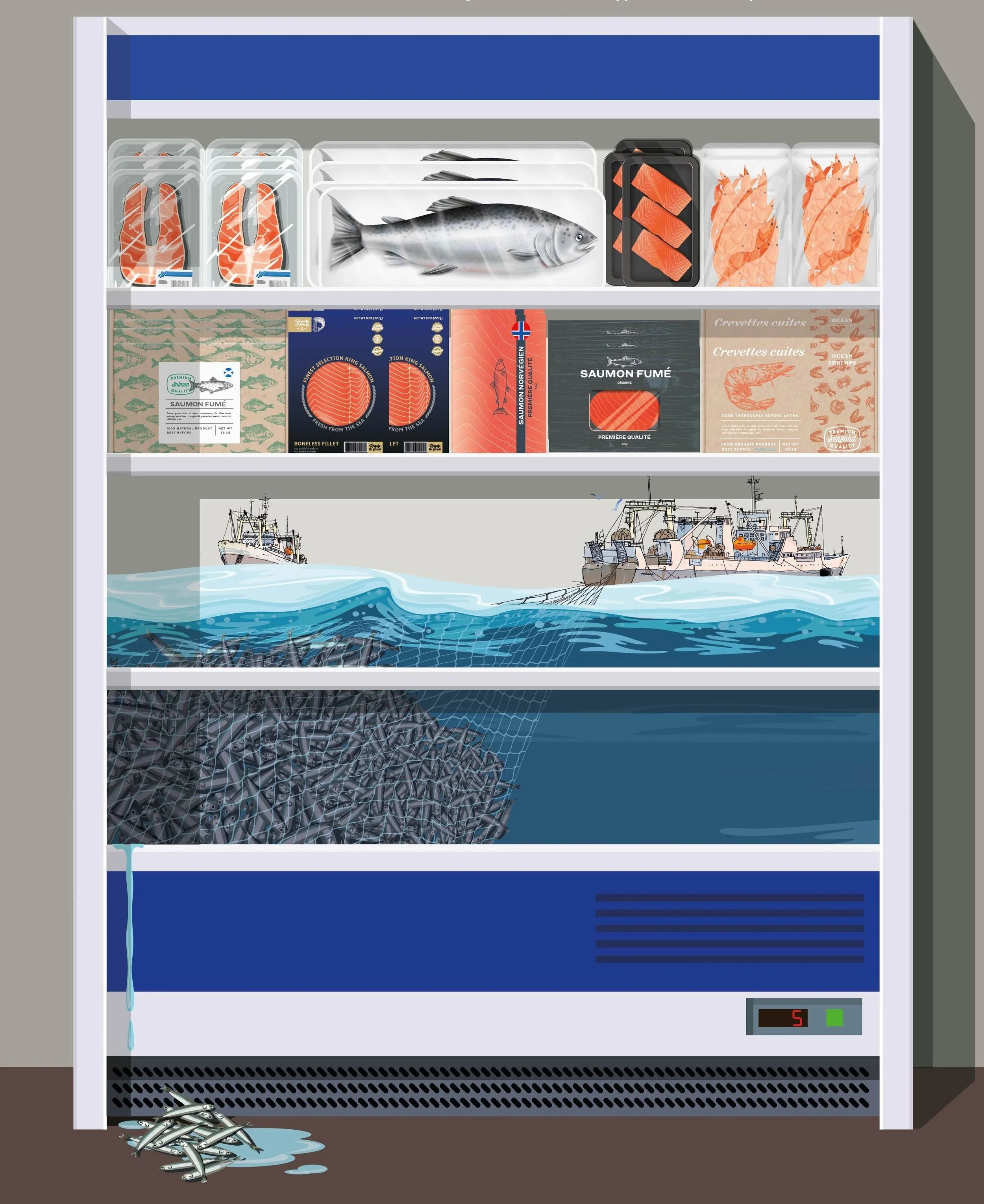The Federation of Artisanal Fishers of the Indian Ocean, which includes 36 artisanal fisheries organisations from the Comoros, Madagascar, Mauritius, Seychelles and Reunion, highlighted the importance of transparency for the sustainable management of fisheries in the Western Indian Ocean region.
Guinean Artisanal fishermen complain that Asians are fishing in the area reserved for them
When people are starving, footage of fresh fish used for fishmeal is disturbing
AU-EU Summit: High-level commitments, but artisanal fishing communities want concrete action
EU-AU Summit: African fisheries stakeholders speak with one voice
With two weeks to go before the summit that will bring together the leaders of the European Union and the African Union in Brussels on 17 and 18 February 2022, the team that has taken over the reins of AFRIFISH - the continental platform that brings together non-state actors in African fisheries - is determined to make itself heard.
Local fishing communities’ involvement will be key for making OACPS-EU fisheries relations a success
CAOPA celebrates World Fisheries Day and commmits to work for sustainable small-scale fisheries
Bilbao, rapporteur of the EU-Gabon SFPA: "The Commission should publish the plans and objectives achieved with the sectoral support of agreements with third countries"
“Finance in Common”: public development banks ignore the communities their investments have an impact on
The Finance in Common (FiC) summit will be discussing food security and agribusiness, supposedly building on the UN Food Systems Summit, for which civil society already expressed concerns. On this occasion, more than 270 small-scale producers, indigenous peoples and civil society organisations, including CFFA, publish a joint statement.





















